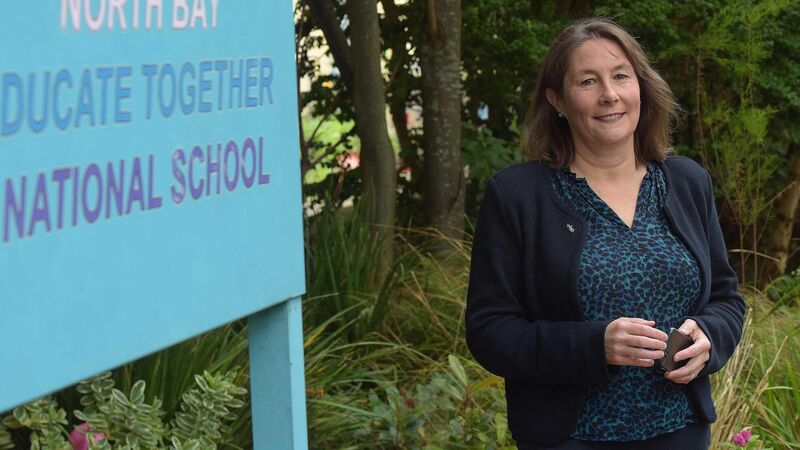Plan needed to cater for demand for 'oversubscribed' Educate Together schools

Emer Nowlan says many Educate Together schools are heavily oversubscribed. Picture: Moya Nolan
This year marks the first time in 14 years that Educate Together has not been sanctioned to open a new school.
This is mainly due to changing demographics. Already starting to level off, pupil numbers at primary level are expected to drop in the coming years.













